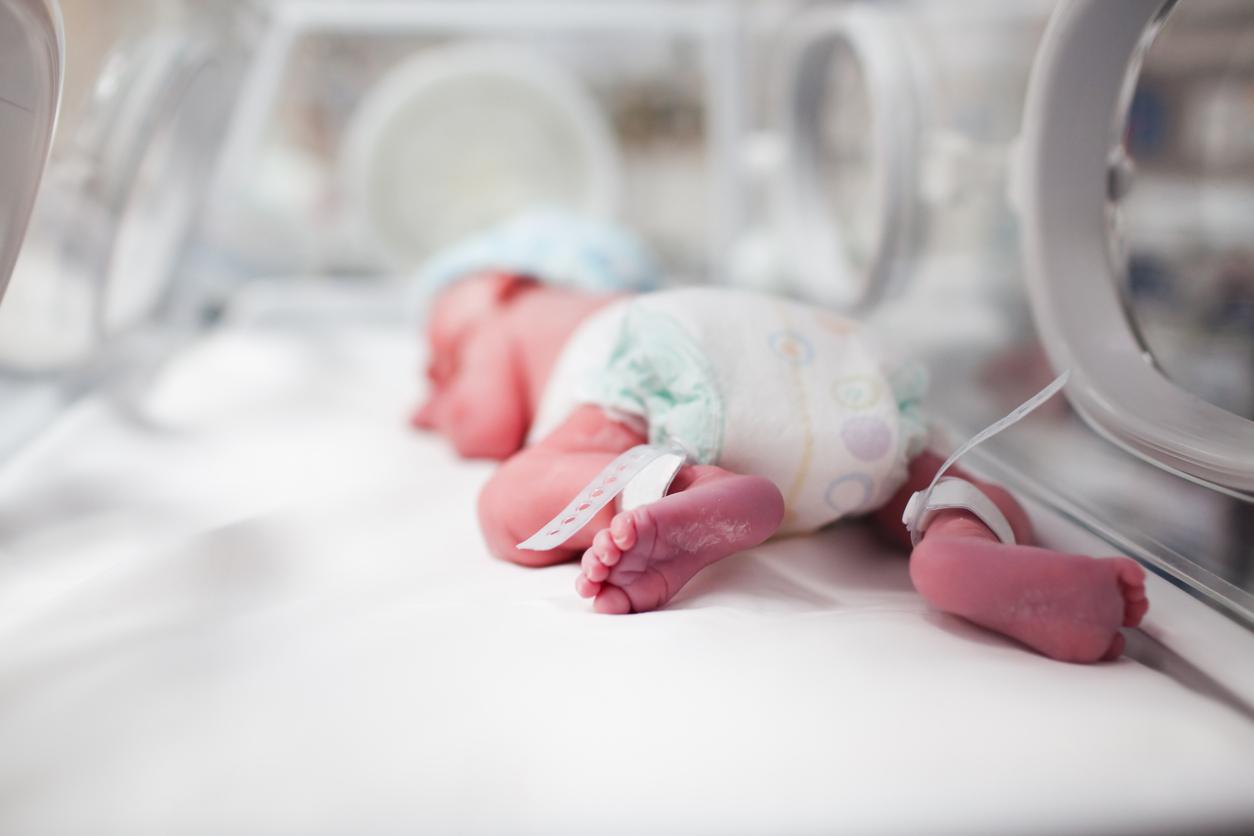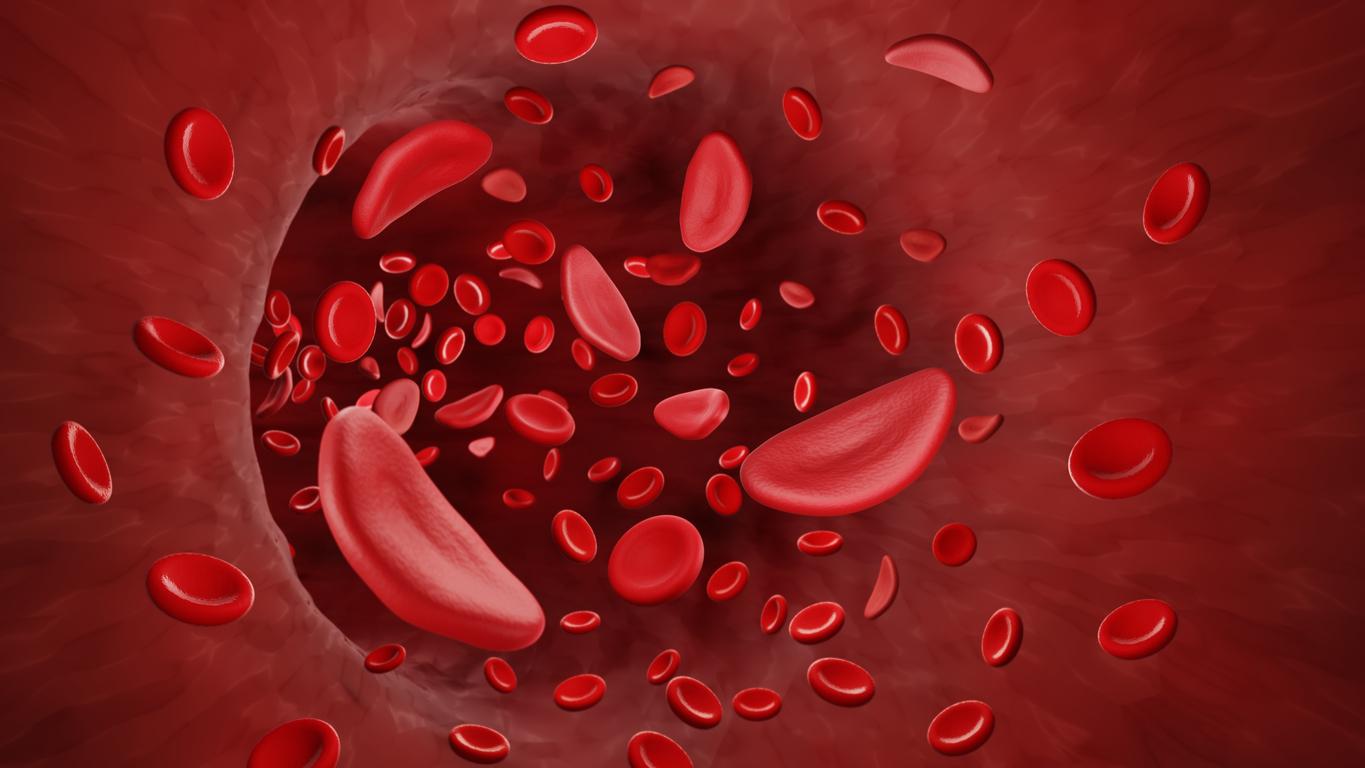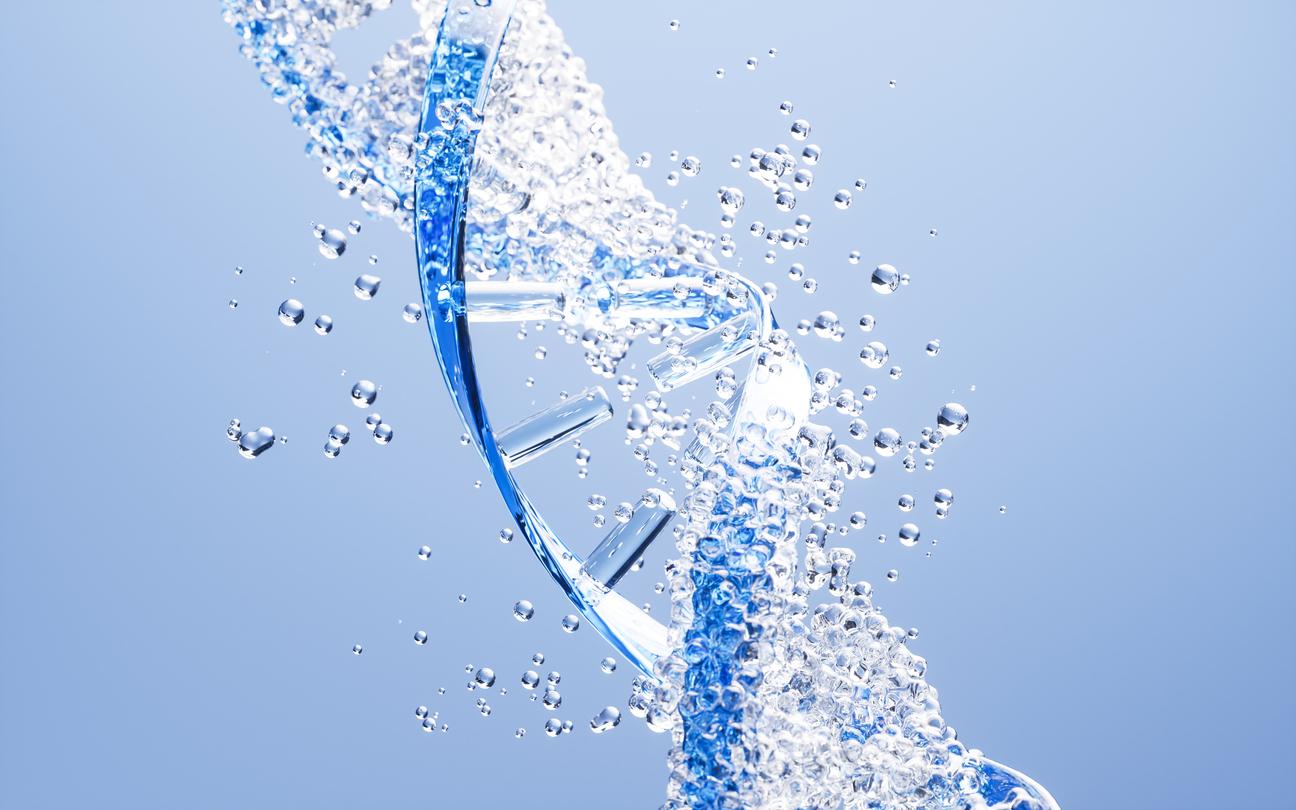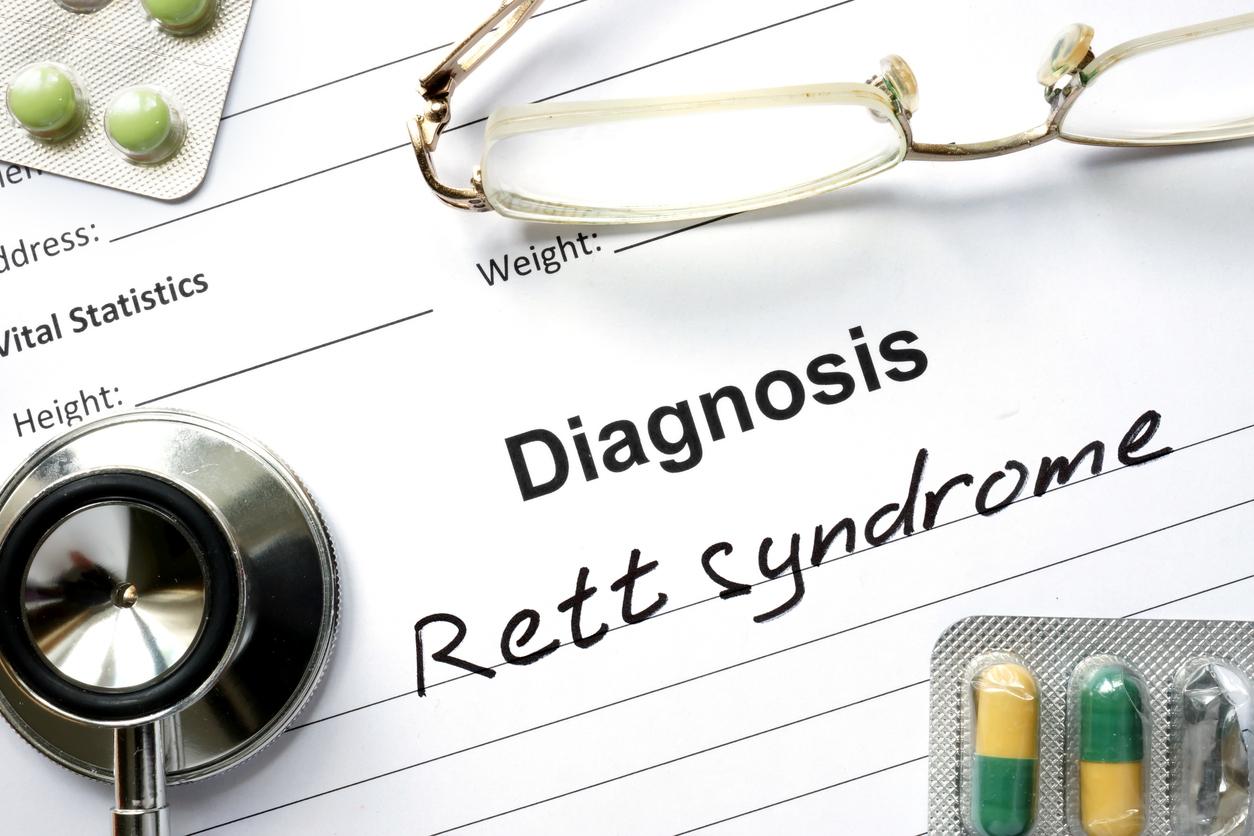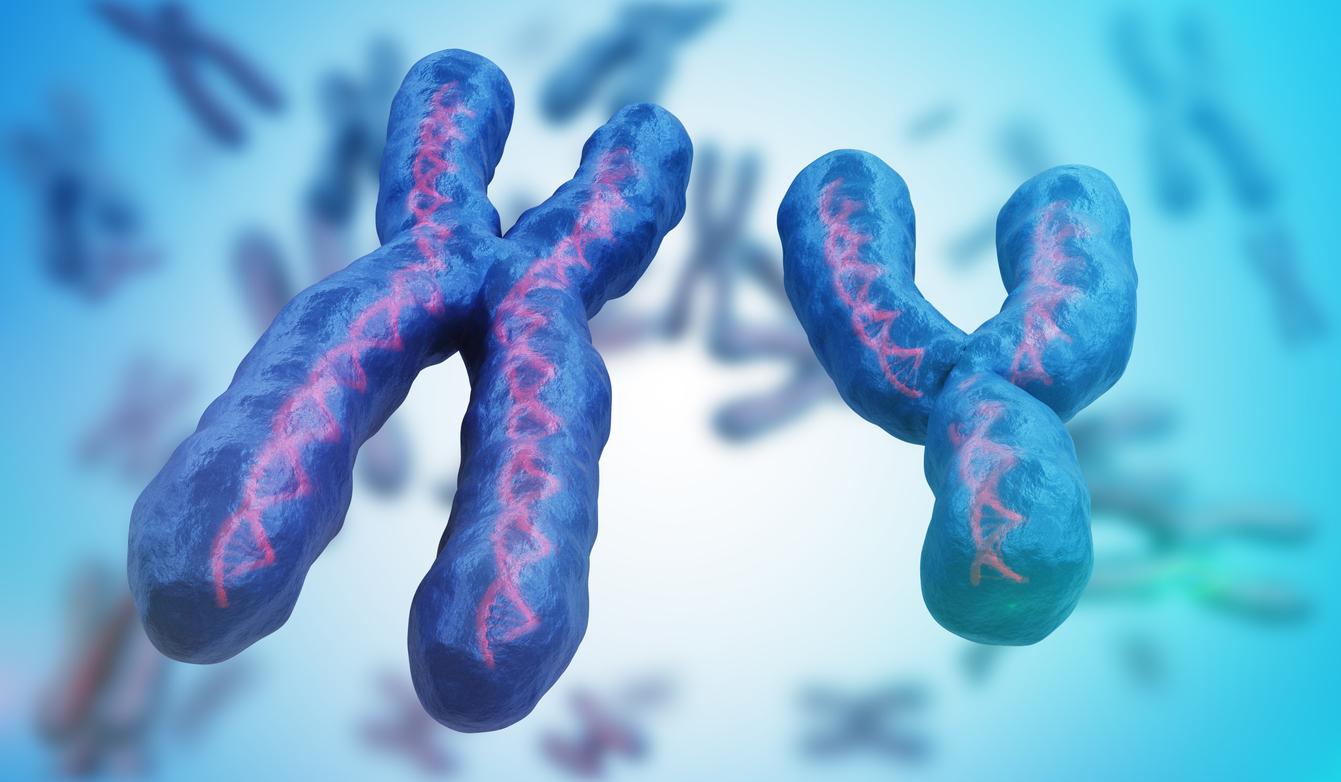The standard treatment for bipolar disorder may also be effective in certain genetic forms of autism.

From bipolar disorder to autism. A French study, funded by donations from the Telethon, has made it possible to define a new target in autistic disorders of genetic origin. Lithium salts, indicated in bipolar patients, may prove useful for young autistic people with genetic deficiencies. The results of the work, preliminary but promising, are published in the journal Ebiomedicine.
2 molecules out of 202 tested
Lithium salts, if these results are confirmed, would not apply to all autistic patients but to a tiny part of the population with this developmental disorder, 1 to 2%. These people have the particularity of suffering from a deficiency of the SHANK3 gene, which causes a loss of the protein of the same name. The main consequences are damage to the synapses, which form the connections between neurons.
Before discovering the usefulness of lithium, researchers performed high throughput screening. This technique consists in studying and identifying a useful molecule among a large library. The term “high speed” refers to a way of speeding up the process by using robotic, computer or bioinformatics tools.
Here, 202 compounds were reviewed. Two have delivered interesting results: valproic acid, known for its antiepileptic effects, and lithium, which is a mood regulator.
A patient improves
Both molecules were tested on neuronal cells created from pluripotent cells. Valproic acid and lithium restored the SHANK3 protein to the correct levels, and therefore improved the functioning of neuronal cells. The experiment was reproduced in a patient in whom lithium has been shown to be effective in tests in vitro on its own neurons.
The treatment lasted for a year. At its term, the researchers observed a decrease in the degree of severity of autism. Thus, after 8 months, the patient saw her manic symptoms recede and her cognitive performance improve. After 12 months, his coping behavior improved.
These results are promising, but they still need to be confirmed in larger populations. The team plans to conduct studies in groups of autistic patients comparing lithium and a placebo. But the target population is minimal: the genetic origin concerns 10 to 30% of autistic patients.
.









